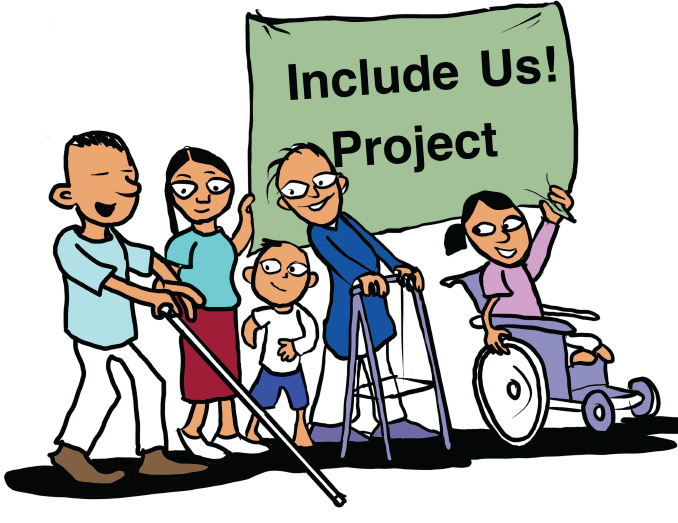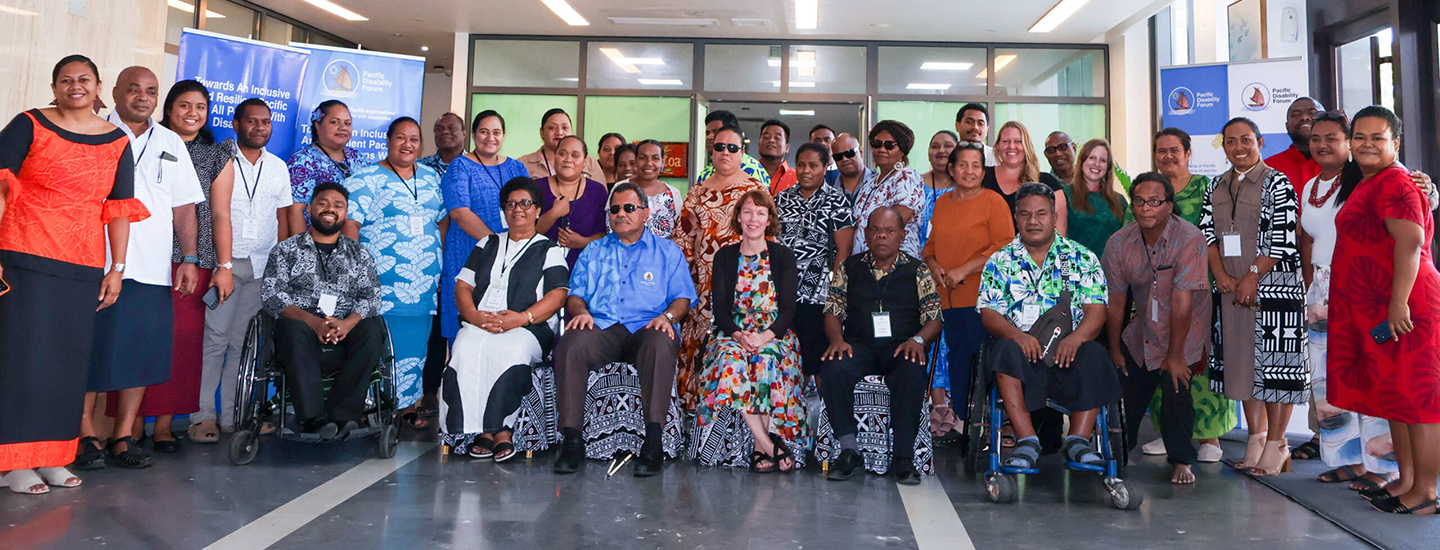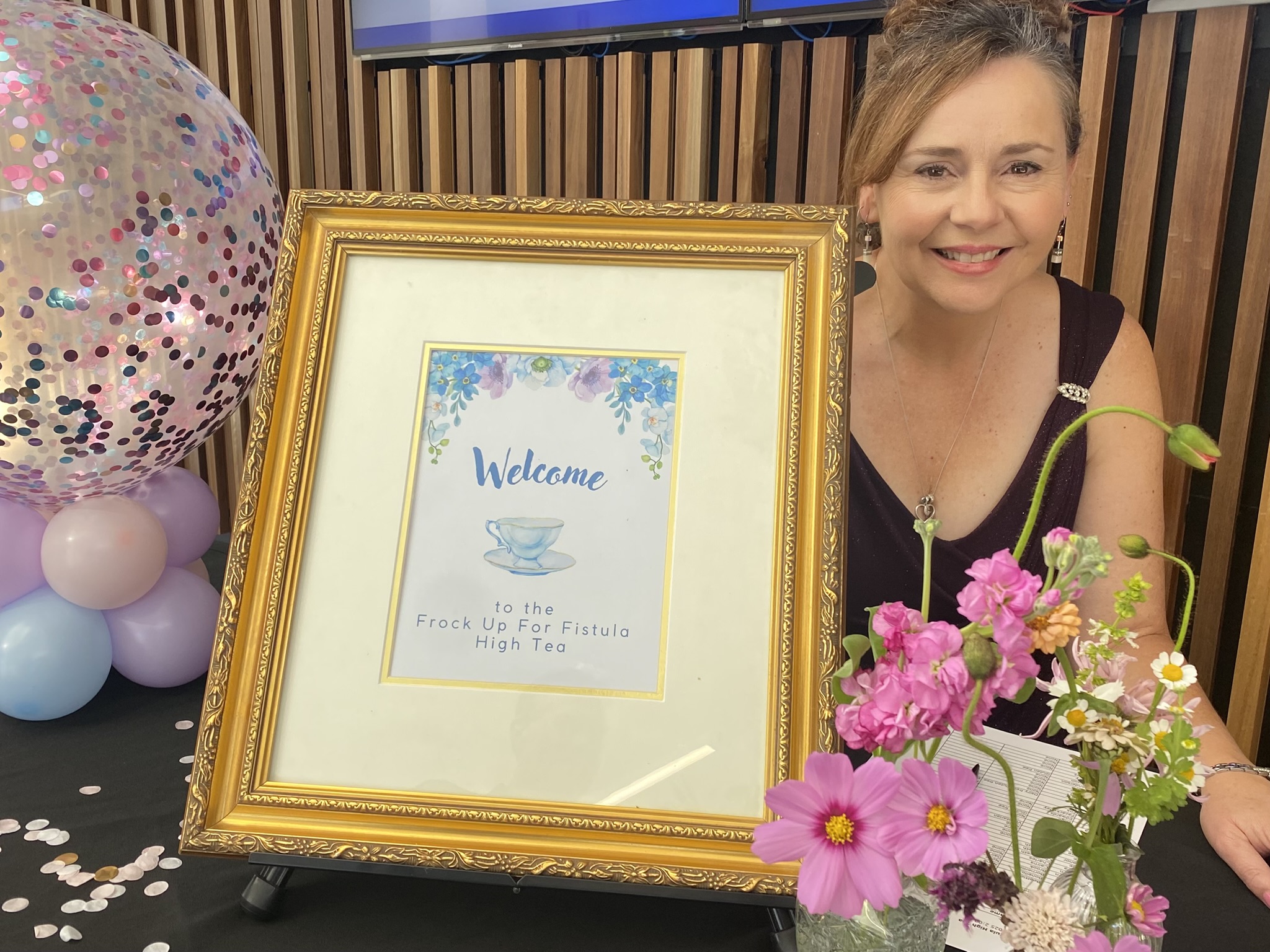Evaluation Confirms CBM Work Effective in Supporting Neglected Tropical Diseases Eradication
Stories | June 15, 2021
Evaluation confirms CBM work effective in supporting Neglected Tropical Diseases eradication
Most people in Australia have never heard of a Neglected Tropical Disease (NTD). However, for more than one billion people across the globe – usually those living in poverty, without the knowledge or means to protect themselves from parasites or infections – NTDs pose a significant threat to the wellbeing of individuals and their families.
NTDs, such as River Blindness, are primarily parasitic, bacterial or viral infections, spread through human contact, insects, contaminated water and soil. They thrive in environments of extreme poverty, are responsible for some 500,000 deaths per year, and hinder the growth and mental development of children. They cause chronic pain, disfigurement and disability.
CBM is working with a partner in Nigeria to eliminate NTDs in some targeted states in Nigeria. From July 2019 and July 2020, CBM’s project benefited 4.8 million people. Getting access to one simple tablet can make all the difference to preventing these diseases.
A recent independent evaluation looked at how effective the project was in training health workers, volunteer Community Directed Distributors (CDDs), and teachers in community engagement, good hygiene practice and supporting the process of getting people access to the drugs. It found that the project increased access and acceptability to quality preventive drugs for NTDs among vulnerable people, including people with disabilities, living in endemic communities. “Most community leaders are aware and support the program… they know that the benefit is to the community”, said one village leader.
The evaluation highlighted that teachers have been effective in influencing their students, and through this, families in the control of NTDs. This has contributed to reductions in the occurrence of NTDs. One teacher told the evaluator, “children look healthy…they are no longer passing blood in urine …many do not miss school or miss exams”.
CBM’s project also demonstrated increased disability inclusion, with more people with disability getting access to these life-saving drugs. “Due to the involvement of persons with disabilities in project activities, including some performing the role of Community Directed Distributors, a shift is beginning to happen in how disability and persons with disability are perceived.”
The evaluation also showed how the provision of boreholes and pumps in communities that previously had no access at all to clean water, along with training on improving hygiene and sanitation, is making a big difference in reducing disease spread. While this represents important progress, sustaining behaviour change around good hygiene practices remains a challenge.
Overall, the evaluation found that the project delivered good value for money, with the evaluator concluding that “the distribution of these drugs led to reduction in morbidity of targeted NTDs in endemic communities. And these benefits are expected to go on for several years in the future; as out-of-pocket costs for treating these diseases are avoided by the population, school children able to learn with prospects for better earnings, and healthier adults being able to work more and contribute more to the economy”.
As CBM enters the next phase of the project, the focus will be on ensuring that CDD’s are well supported and that transport during house-to-house drug administration is better considered so that the project reaches all of the assigned areas, including hard to reach rural areas.
Help support CBM’s work by making a donation. Click here to donate.
CBM acknowledges the support of the Australian Government through the Australian NGO Cooperation Program (ANCP)
https://www.cbm.org.au/stories/evaluation-confirms-cbm-work-effective-in-supporting-neglected-tropical-diseases-eradication
Related Stories

Easy Read your way through our evaluation report
At CBM Australia, we recognise that accessibility is not optional – it is a...

Growing Stronger Together: Supporting OPDs across the Pacific
CBM Australia is proud to partner with Pacific Disability Forum on the Growing Stronger...

Frock Up For Fistula: a High Tea of hope and healing
Something very special happened this Mother’s Day weekend. CBM Ambassadors Lyn Wake and Glenys...
